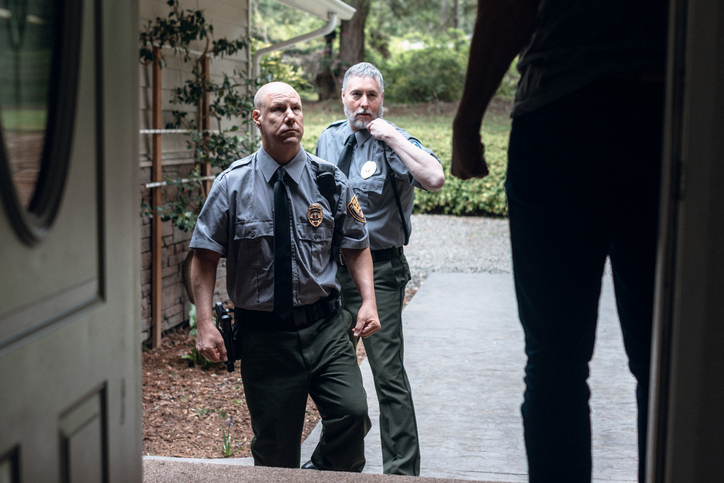What Happens if Your Former Partner Violates Your Order of Protection?

Orders of protection (often referred to as restraining orders) are meant to keep a person who has been harassing or abusing you from contacting, harming or threatening you in any way. However, offenders do not always follow the terms of these court orders. In fact, some statistics indicate about half of all protection orders are violated.
So, what happens if you have a former spouse or partner who violates the order of protection?
Consequences of violating an order
What happens to the offender primarily depends on how you decide to report the violation, as well as the type of order the court issued.
Criminal orders are usually issued after domestic violence arrests. Upon the offender’s arraignment, the judge issues the protective order, and the victim will usually not be present or even know about the order until they get a call from the district attorney.
Civil orders, however, are petitioned for by the victim, and the judge decides whether it is appropriate to issue the protection order. The offender must then be served with the order before it is considered valid.
Violating any type of court order is a criminal offense, but not all violations are considered equal in the eyes of the law. For example, non-threatening text messages are not nearly as serious as threatening texts, or showing up in person to stalk the victim.
To learn more about how courts enforce orders of protection and what to expect if a former partner violates your restraining order, meet with a skilled Long Island family law attorney at Bryan L. Salamone & Associates.





